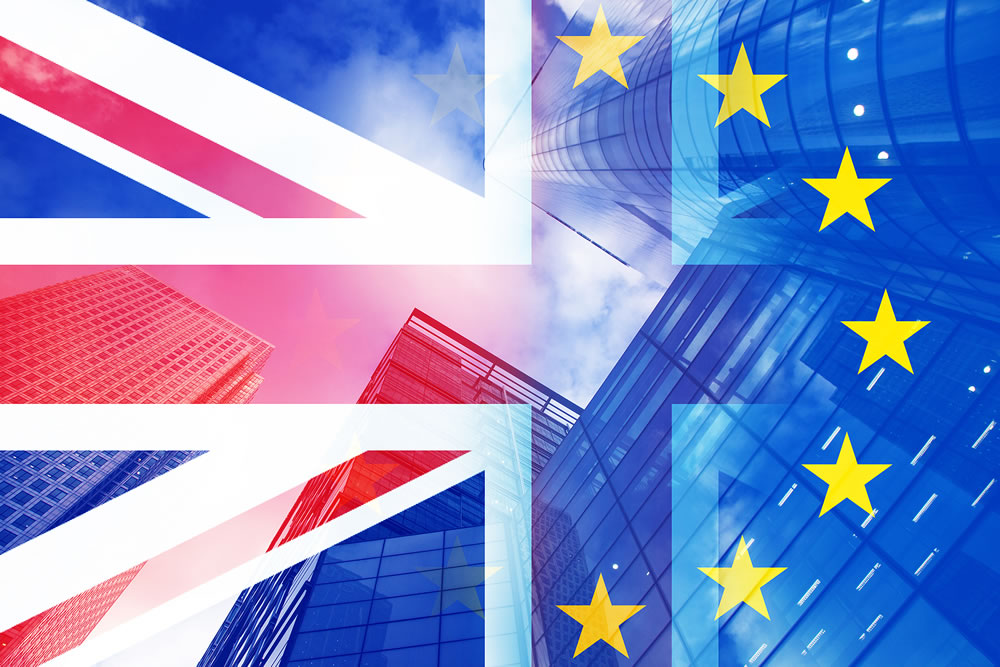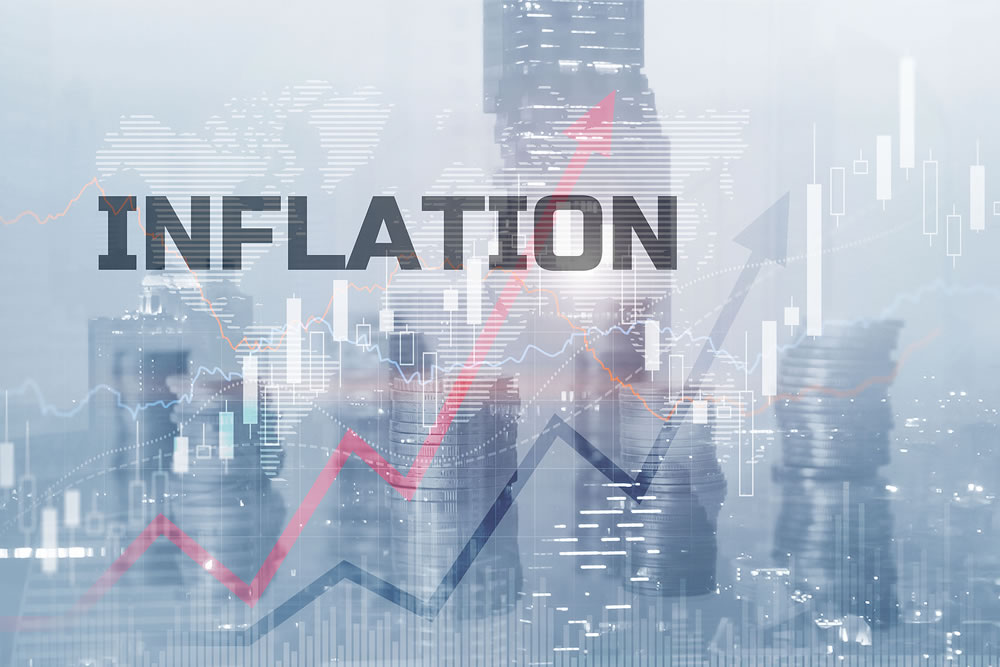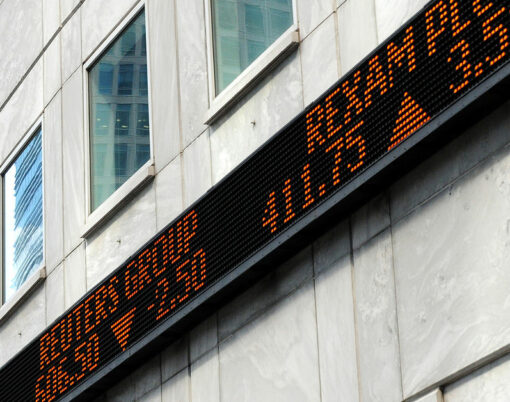It’s been another challenging year for the UK, with the ongoing global pandemic continuing to wreak havoc throughout. But despite having spent the first five months of the year in an extended lockdown that saw most businesses forced to shut their doors once again, the arrival of summer brought with it brighter days all round, and until the recent discovery of the Omicron variant, the economy had finally begun to recover. I
n Q3, it enjoyed a 5.3 percent surge in growth as bars, restaurants, shops and other businesses finally got the green light to open up once more – but with increasing infection rates and the pressures of the ‘pingdemic’, this slowed to just 1.1 percent in Q4.
As we prepare to head into a new year, speculation is mounting as to what lies in store for the UK economy in 2022, and with the effects of Brexit, as well as the pandemic continuing to be felt, it’s difficult to know what to expect. But the good news is that better days are in sight – eventually. Here, we take a look at the economic forecast for the new year.
Recovery continues amid rising inflation

Despite recent challenges, the UK economy continues to recover, but the threat of a potential circuit breaker lockdown has left many business owners worried about what might be waiting for them when January dawns. The latest data on Omicron does look promising, however, and early studies have shown it to be dramatically milder than other variants such as delta – so it isn’t unreasonable to think that we might just make it through the winter without having to resort to such draconian restrictions.
Should this be the case, then we can look forward to a much brighter 2022 in many ways, with household consumption continuing to drive recovery back towards pre-pandemic levels. It’s impossible to tell whether another variant could be around the corner, but with the government’s booster roll-out gathering momentum and investment into antiviral medicines to help further combat Covid cases on a wide scale, the nation is certainly looking to be in a much more advantageous position than it was going into 2021.
As the initial recovery drive slows – which will naturally and gradually occur – so, too, will economic growth. Experts are predicting a 4.6 per cent growth in total across the new year, with GDP continuing to benefit, but in 2023 and 2024 this will slow to 2.2 per cent and 1.9 per cent respectively, returning to more normal levels.
The Brexit effect

Of course, the challenges faced by the UK economy over the past two years haven’t been due only to the pandemic, and Brexit has made for an unusually tumultuous mix that has wreaked havoc on supply chains and productivity across the board.
And it has been feared that the after-effects of our separation from the EU still have not been fully felt, with concern that we may be in for an even bumpier ride in the long run. The Office for Budget Responsibility has estimated that the long-term impact of Brexit will, in fact, be more than twice that of Covid, with GDP per capita set to reduce by 4 percent as a result of the drop in productivity in comparison to the 2 percent reduction caused by the pandemic.
Even so, some have managed to turn Brexit to their advantage. Believing that UK independence can give British people greater freedom with their assets, we’re seeing a surge in the number of those using platforms like brexitmillionaire.org to learn more about trading and how the markets behave in particular situations and sets of circumstances so that they can take advantage of potential price drops and turn a profit in the long-run. With every great challenge comes opportunity, and this is certainly the case for those who know what they are dealing with in the investment world.
Although economic changes continue to be analysed by experts, we’ve already seen a dramatic increase in people looking to improve and safeguard their finances for the future, and it’s a trend we can expect to see continue well into 2022. Both Brexit and the pandemic have shown us that we never know what is around the next corner, and we’re no longer willing to take any chances when it comes to financial security.
Inflation

Another major challenge that we’ve been faced with of late is the surge in inflation, which is being driven by rising energy bills and costs of raw materials and goods in factories. Once again, it’s an issue that comes back to both Brexit and the pandemic, with the cost of living surging to a 10-year high as we head towards the end of 2021. That’s more than double the target set by the Bank of England – so what does this mean for 2022?
The good news is that although things could get tougher in the short-term, towards the middle of the year, we’ll start to feel some relief. The Bank of England expects inflation to continue its upward trajectory to around five percent in the spring, before dropping back towards the 2 percent target by the end of 2023. So while things are unlikely to be smooth sailing in 2022, better days are in sight.






















